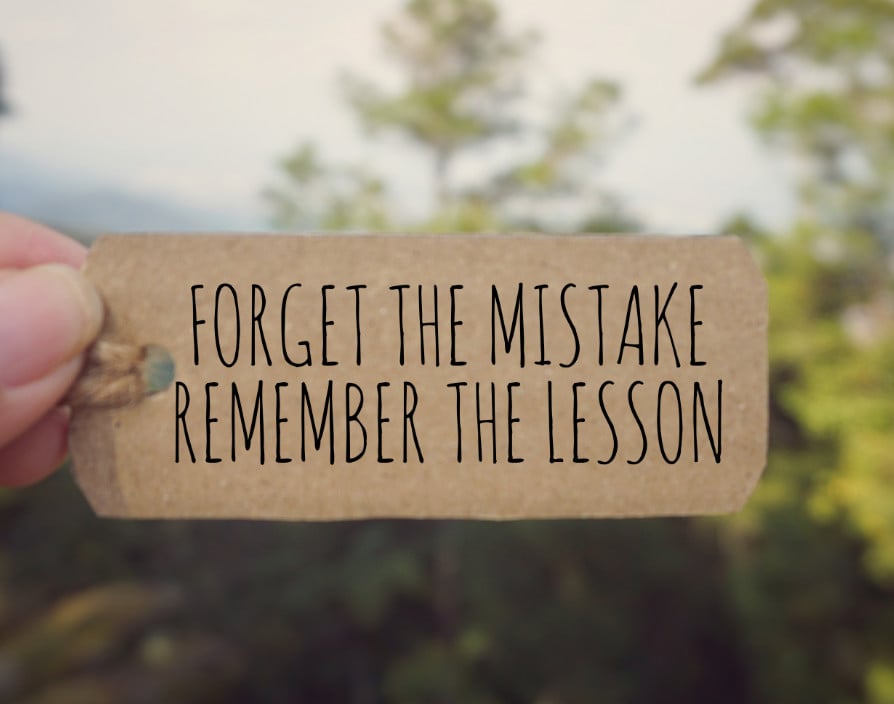No matter how much we plan, trial and error is inevitably part of doing business. The question is, will we simply keep changing course like rats in a maze? Or will we capitalize on what mistakes teach us?
The beauty of taking wrong turns is twofold. Sometimes it reinforces that previous paths were the most direct. Other times, it takes us to wondrous new places. Either way, learning from our mistakes may provide solutions for tomorrow’s missteps. Because the question is not if those will happen, but when.
Solve
crisis management with positivity
Think back: have you juggled a series of miscalculations, plans that have fallen through, or customer complaints? Have you treated these as one-offs, only to find the next one suddenly on your plate? The reaction is typically to dodge or mitigate fallout when there’s no time to come up with a better order of operations.
It’s far easier to prevent fires than to have to put them out. Proactively steering your company’s culture through a sea of positive moves may reduce the instances of crisis as well as maintain morale during the unavoidable rough times. When trouble arises, use techniques such as appreciating enquiry to first ask your team to detail what is working. That gives you a point of strength from which to navigate.
Controlling what we can control is itself a positive effort. When there’s a lull, convene meetings to head off wrong turns. Create alternate plans before you need them, so they’ll be there when you do.
Solve
misunderstandings with transparency and active listening
Passing along incomplete or inaccurate information to consumers, vendors, and colleagues is bad for business. So, we must operate from the best intelligence we can get. First, make the sources of all non-sensitive information available to every member of your organizations. Second, broadcast to the team who can be expected to know which details, based on what they do and why. This kind of transparency saves time and frustration and leaves no gaps for facts and data to slip through.
When we attend informational meetings, listening skills should be dialed up all the way. This means understanding that people hear and perceive things differently, and that we all have an obligation to listen carefully, but also to be sure that people interpret what we say correctly. Quietly following what’s said, asking for clarification, and repeating back what the speaker has said will get everyone on the same page.
Solve
self-imposed limitations with real innovation
Biased thinking and fear of retaliation are the perfect ingredients for unproductive planning sessions. This happens in and out of the realm of work. Anyone who has ever tried to get visiting relatives to agree on the day’s schedule knows how hard it is to not only gain consensus, but to float new ideas. A phenomenon called “groupthink” demonstrates the double bind: a homogeneous group tends to restrain thought to the usual norms, while the perspectives of members of a diverse group may be held hostage to the wish to conform.
To break free from this conundrum, return to the above solutions. The free exchange of information plus a positive mindset and healthy attitude toward mistakes encourages both individualism and teamwork. We can trust our people to do their best work with the most accurate information. If they do falter, the whole team can support them in learning from missteps.
Often, it takes a mistake to produce a breakthrough. It may take someone with an alternative viewpoint to recognize the value of that event, or to see that a slight tweak can produce a superior result. While teams composed of folks with similar skills or experience may be comfortable, true innovation is more likely to erupt from a group with varied talents and backgrounds. A look back at our past trials and errors can show us the way forward, into the future.
Share via:








































